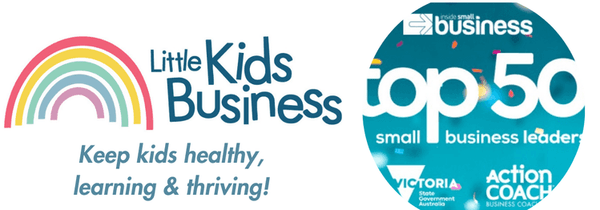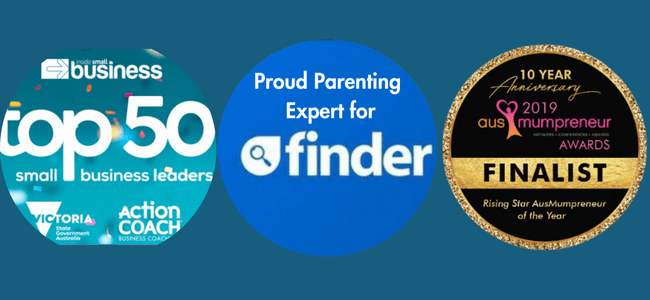When it comes to their children’s future, parents want to do everything they can to help them succeed. One of the most important things you can do for your child is help them prepare for their future career. This means giving them the tools and support they need to find a job that’s right for them. Here are some tips on how to do just that:
Resumes
A resume is a document that outlines a candidate's qualifications for a job. It includes their education, work experience, skills, and other relevant data. There are several types of resumes, but all share some standard features. They are typically one to two pages long and include a summary of a candidate's qualifications at the top. The many opportunities, skills, and experiences your child has accumulated through college will be showcased on their resume. This document is often the first thing a potential employer will see, so it's important to ensure it's well-written and error-free.
Recruitment Tests
Before your child reaches the interview stage, recruitment tests are an important part of the hiring process for many companies. They can help screen out unqualified candidates and give the company a better idea of the skills and abilities of each candidate. There are a variety of different types of Recruitment Tests, and each one is designed to measure different skills and abilities. Some of the most common recruitment tests include:
Cognitive Ability Tests
Your child will likely encounter this test because many employers would like to measure a candidate's ability to think logically, solve problems, and remember information. This is often an online assessment that your child can do on their devices at home. Given this, employers can utilize a cognitive assessment test to identify which cognitive skills your child is strong in. You wouldn't have to worry about biased results because this test is driven by data. It provides efficient and accurate results for both the employers and your child.
Skill Test
These tests measure a candidate's ability to perform specific tasks relevant to the job. Common skills include writing, programming, data entry, and customer service. Many of these tests can also be taken online. For example, a typing test would be given to candidates applying for a job requiring typing skills.
Work Sample Test
This test allows the employer to see how your child would perform the actual tasks of the job. It is usually done in a simulated environment, allowing employers to assess your child's performance, such as task time, accuracy, and quality of work.
So cognitive assessment tests, skill tests, and work sample tests are some recruitment tests your child may encounter during their job search. It is important to note that not all employers would use all three types of tests. Some may just use one or two. It really varies depending on the company and the position that your child is applying for.
Interviews
Most people would agree that job interviews are a nerve-wracking experience. But you could help your child prepare for them in advance by doing a few things:
- Teach your child how to present themselves well: This involves talking about their accomplishments and helping them to see how their skills could be valuable to an employer. It also means helping them to dress professionally and present themselves in a way that makes the best possible first impression.
- Help them to practice: You can role-play with your child, or have them practice in front of a mirror. This will help them to get over any nerves and to be more comfortable with the interview process.
- Be objective and give them feedback: You must provide objective and honest feedback regarding your child's performance. This will help them to improve for future interviews.
By following these steps, you can help your child to be more prepared and confident for their future job interviews.
Provide Support
When children are looking for a job, it's important to provide support. This means helping them to stay positive when they experience rejections or no response from potential employers. It's also important to encourage them and help them to continue their job-hunting journey. You can do this by providing advice and guidance, as well as helping them to identify their strengths and weaknesses. Finally, you can also help them to create a plan for their future career. This will ensure that they are prepared for the challenges that they may face in their chosen field.
It is never too early to start helping your children plan for their future career. Knowing the information you need to help your child navigate the job-hunting process and provide support along the way. Remember, the most important thing you can do as a parent is to be there for your children and help them through whatever challenges they may face.


